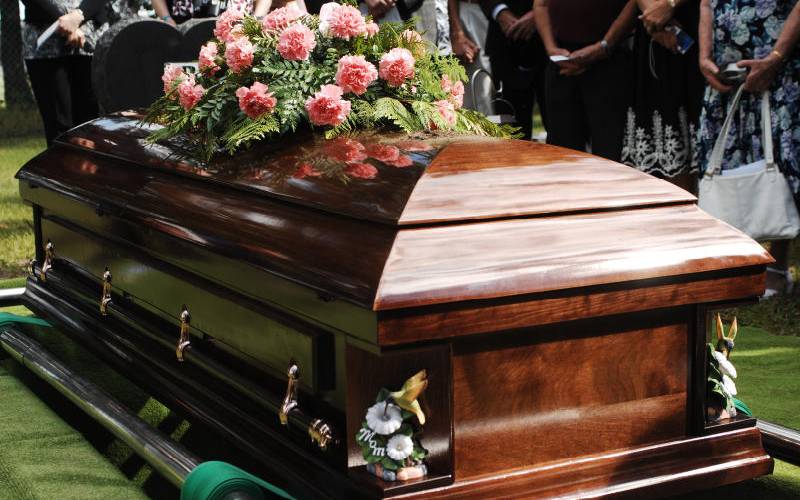×
The Standard e-Paper
Kenya’s Boldest Voice

On February 14, 2020, Dominic Roche, fastidious to a fault, adjusted his face mask as he admonished a friend whose literal and figurative guard against Covid-19 appeared to have been lowered.